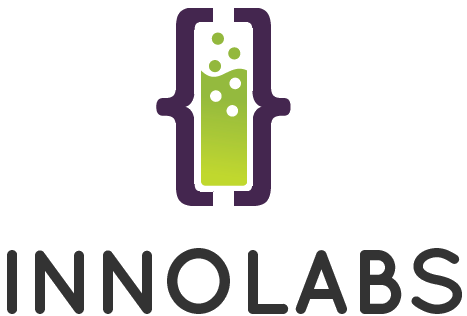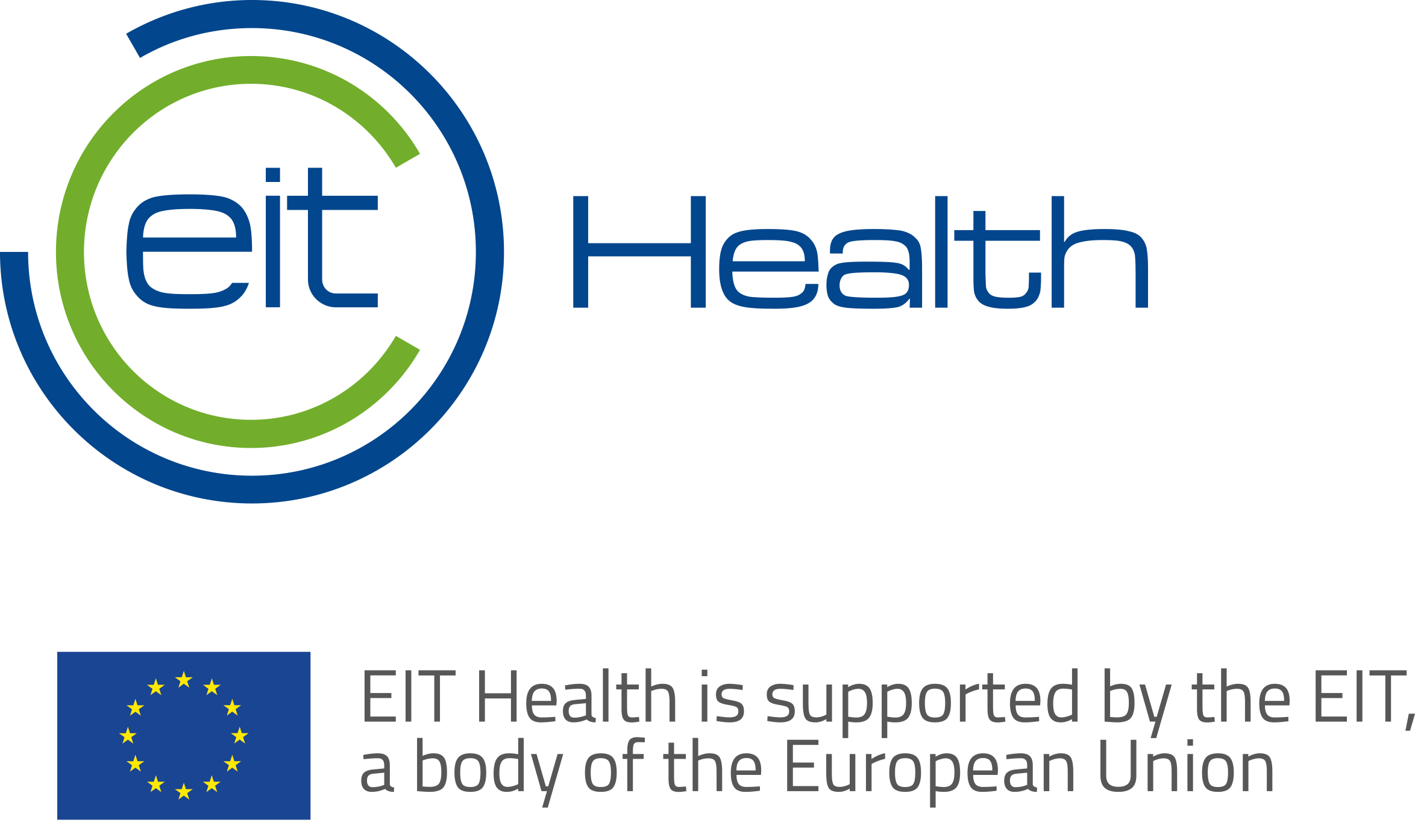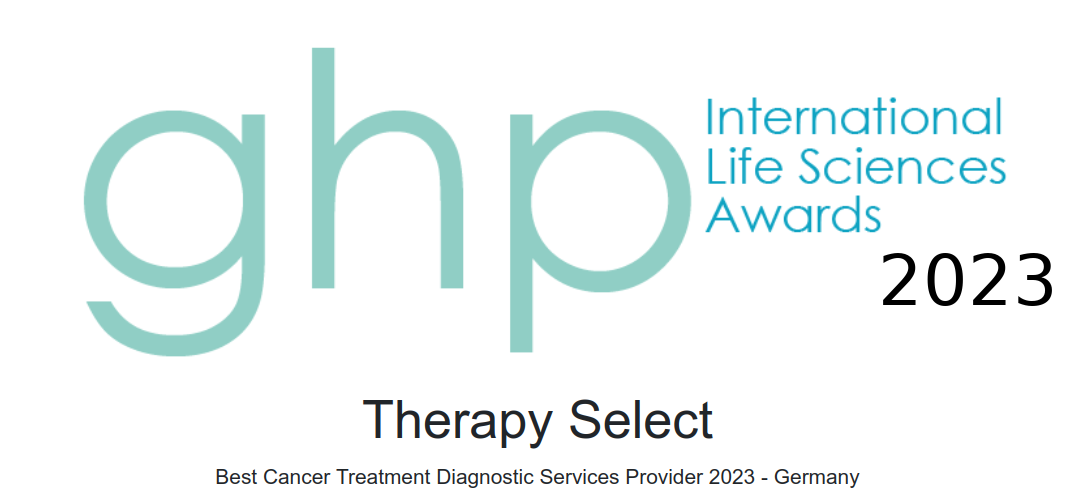The immune system of the human body is a highly sensitive mechanism. However, it is by no means infallible, otherwise we would never get sick. Our immune system has the task of eliminating pathogens. The most important requirement for this process is the ability to recognize malignant substances.
Tumor tissue originally originates from cells of the own body, which is why it is often difficult for the immune system to identify the tumor as a foreign body. Cancer cells also develop camouflage mechanisms to avoid detection and destruction by immune system. Immunotherapy treatments against cancer work in many ways, including removing the camouflage mechanism of cancer cells and strengthening the endogeneous immune system to attack the tumor.
Types of Immunotherapies: Active vs Passive Vaccination
Basically, there are two different approaches of immune system-based cancer control: active and passive vaccination. In the active procedure, the patient is injected with special antibodies that directly attack the cancerous tumor. Passive vaccination, serves to "mark" the cancer cells, causing the patient's immune system to respond.
In case of passive vaccination a distinction is made between preventive vaccinations and therapeutic vaccinations. Preventive vaccinations are administered to prevent the development of cancer, whereas therapeutic vaccinations are administered in an existing disease. Currently, only a few passive vaccines are approved for treatment in Germany.
A promising new approach to active vaccination are the so-called immune checkpoint inhibitors: they are used to inhibit the ability of cancer cells to prevent attack from immune cells through switching the immune cells back into standby mode. Checkpoint inhibitors help immune system to better attack and kill cancer cells.
Immunotherapy: a Research Topic for Cancer Treatment
Different methodologies of cancer treatment have different uses, advantages and disadvantages. The development of additional and alternative treatments are of great value for physicians to extend the range of possible therapeutic measures. Keeping in view, various forms of cancer immunotherapies are currently being intensively researched. In a few decades, experts expect a significant increase in the life expectancy or even the cure rate of cancer patients.
A number of passive vaccines are already being used in cancer treatment, showing good efficacy. However, their use is limited to specific types of cancer and does not help every patient. In order to assess the suitability of certain antibodies before treatment, further research is needed. In addition, the treatment may cause side effects in some patients. These side effects are similar to those of a common flu: fever, nausea, head and joint pains.
We provide competent Support in Therapy Planning
Since the success of individual treatments in the fight against cancer is often uncertain, several types of therapies are usually combined.
- Surgical procedures are used to separate and remove the tumor in whole or in part from healthy tissue.
- Irradiation therapy exposes the cancerous tissue to specific irradiation that is designed to destroy or contain in its growth.
- Chemotherapy uses drugs to target the cancer cells directly.
- Immunotherapy Immunotherapy is on its way to become the fourth pillar of cancer therapy.
At TherapySelect, we act as a supportive service provider for cancer patients and their treating physicians to aid in choosing the appropriate therapy. We achieve this by using special diagnostics.
Our services include among others
- CTR-Test® - an efficacy test on living tumor cells
- PCDx™ - a tumor biomarker analysis on non-living preserved tumor cells
- Guardant360® - a tumor biomarker analysis on blood sample
to select a promising combination of drugs.
Important: PCDx™ (tumor profiling by biomarker analysis) is already being used to investigate the efficacy of immune-checkpoint inhibitors such as nivolumab or pembrolizumab, which act against PD-1 / PD-L1 binding. The results are being integrated in cancer treatment planning.




